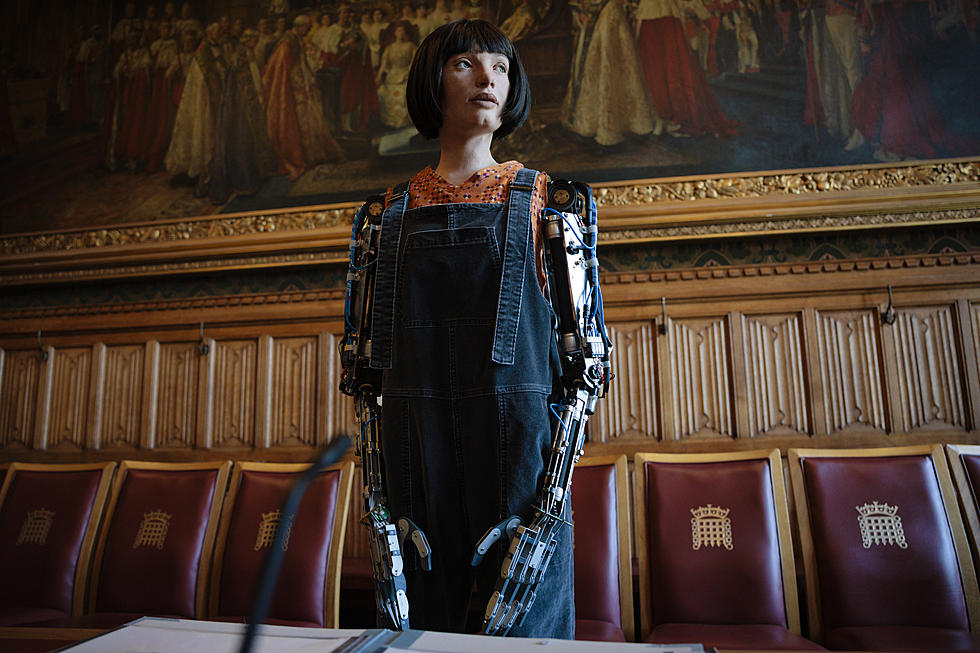
‘The Year 2038 Problem’ and How it Could Cause Catastrophic Issues
Have you heard of "The Year 2038 Problem"? Yeah, we know...sounds like a bunch of bologna like "Y2K" was.
But, this problem is potentially a significantly more serious issue that will cause major issues with smart phones and devices, transportation, banking, power plants, and much more.
As of now there is no official solution for "The Year 2038 Problem".
Tuesday, January 19, 2038
"The Year 2038 Problem", if not solved, is said to take place on Tuesday, January 19, 2038.
The issue has to do with something called UNIX, or UNiplexed Information Computing System.
The UNIX system is how all computers have been keeping track of time, and keeping this time synced with all other computer devices for over the past 50 years.
The UNIX system began counting and keeping time synced at 00:00:00 UTC January 1st 1970.
Imagine your computer and bunch of other gadgets that have an internal clock that counts every second from a specific starting point, which is midnight on January 1, 1970.
This is kind of like the birthday for Unix, which is a foundational piece of software that a lot of other systems are built on.
This clock isn't looking at your wall clock; it's counting seconds in its own world.
So what's the big deal?
Admittedly, if you're not a computer programmer, "The Year 2038 Problem" can be difficult to understand and explain, but we'll do our best to lay it out in plain English.
The UNIX system has a limit when it comes to how much time it can count and keep track of.
From scienceabc.com -
"This counter has a finite amount of seconds that it can count up and down to +(231 – 1) and -(231 – 1), which is equal to 2,147,483,647 seconds going both ways.
2 billion seconds may seem like a lifetime (and it is), but this system will still count its last second precisely on 03:14:07 19th January 2038.
The counter will then begin to count from the negative scale, once this date comes to pass, causing the computers to reset to December 13th 1901, leading to all kinds of errors in every modern 32-bit computer."
What this means is, when the UNIX time counting wheel was set in motion on January 1, 1970, it was programmed to only be able to count up to 2 billion seconds.
The last of these 2 billion seconds will be counted at precisely 3:14:07 AM on January 19, 2038.
When this happens, all devices operating on the UNIX measurement of time will instantly think it's December 13th 1901.
If a solution isn't found, when UNIX counts it last second, any computer, smart device, and anything synced to the UNIX time table could be negatively affected.
The consequences could be quite varied, depending on how crucial the affected systems are to everyday operations and services.
Imagine your smart devices, like your phone or smart home systems, suddenly thinking it's over a century ago.
Timers, alarms, and scheduled events could go haywire
Banking and financial systems rely heavily on accurate timekeeping for transactions, interest calculations, and more.
If they face the 2038 problem head-on without a fix, we could see payments failing, accounts showing transactions from 1901, or your online banking app might lock you out, thinking your last login was over a century ago.
Power grids, water treatment facilities, and more, could experience operational issues if their control systems are affected. Though less likely due to constant updates, any lapse could lead to service interruptions.
Even though as of now there isn't an official, universal fix for "The Year 2038 Problem", it is an issue that is currently being worked on well in advance.
From scienceabc.com -
"For those devices connected to the internet, a simple software update could solve this issue, so the majority of computing devices are going to be fine.
The most problematic devices are going to be those that aren’t connected to the internet and that can’t be updated through a software patch."
You can read much more about "The Year 2038 Problem" over at scienceabc.com and between.tech.
LOOK: 20 of the biggest insects in the world
Gallery Credit: Andrea Vale
More From 97.3 The Dawg









